I met Giovanni in a fruit and vegetable shop on a street corner in Lipari, one of seven Aeolian islands off the coast of Italy. I was fumbling around trying to find the Italian word for fennel (finnochio) and he took pity on me (or the shop owner) and interrupted. ‘You speak English?’ he asked. ‘Yes,’ I replied. Not only did Giovanni speak English but he spoke it with an Australian accent. Giovanni was born and raised in Sydney and had been living in Lipari, where his grandparents were born, for ten years. I asked him what had made him decide to move back. ‘I was working 12-hour days in Sydney trying to pay off a million-dollar apartment the size of a shoe box. Bugger that, mate! Here I bought a 3-bedroom apartment that overlooks the water for $70,000. Half the year I spend fishing for tuna and the other half I do what I want. This is paradise, I’m living the dream!’
Giovanni wasn’t just living any dream, he was living my dream.
My grandfather, Giuseppe Buttà, was born on the island of Lipari in 1899. After serving in World War 1 as a teenager, he boarded the S.S Omar and was one of 12 ‘aliens’ that docked in Melbourne on 6 December 1921. He eventually settled in Sydney where he married Giuseppina Ravesi, who herself was born on the Aeolian Island of Salina, Lipari’s nearest neighbour.
My grandparents were ‘good’ migrants; they Anglicised the names of their children; Francesca, Margarita, Maria, Giuseppina, became Francie, Rita, Mary and Jessie. They stopped speaking Italian, they worked hard, bought their own home. Like all migrants they were forced to reinvent themselves in Australia, forced by circumstance to make choices; some things they chose to let go of, some things they were forced to give up. Some things they chose to keep, others they were forced to adopt. They assimilated as best they could.
By the time I arrived, my family’s integration into Australian society had left little trace of my Italian heritage. There were the boisterous meals at family get-togethers, a few bastardised words of Italian, a family recipe, the ingredients of which cannot be spoken outside of the family and an appetite for Italian cuisine and produce. But apart from that, not much else.
Today’s obsession with identity is about answering the question ‘What am I?’ I’ve always been more concerned with a different question, ‘what am I a part of?’ Growing up, I was painfully aware of my last name that people struggled to pronounce despite its simplicity, conscious that other kids visited grans and pops over Christmas while I went to nonna’s. I couldn’t help but notice that when I visited the houses of friends nobody was eating salami and olives and cheese. All these things separated me from others. I saw myself as an outsider.
Being an outsider left me with an emptiness inside, somehow I didn’t feel complete. I left home at 17 looking for something to fill this emptiness, a place where I would feel whole. I wanted to be a part of something, to belong to something. When I didn’t find it, I moved on, convincing myself that it would be waiting for me at the next stop. It never was.
At some point the idea formed that whatever I was looking for, I would find it on Lipari, the place where my family’s journey had started from. I needed to go back to the beginning to find my community, only there would I feel part of something. Only there, would I fill the hole that had formed inside of me.
I landed on Lipari in May of this year and immediately felt at home. The island lifestyle built around the ocean, the constant contact with the natural world, the passion for food and drink, an architecture of simplicity, the courtesy of neighbours and strangers, the wildflowers and greenery spilling down the sides of volcanic cliffs. Everything felt familiar.
I set about locating the graves of my great grandparents. I had no luck. The graves of those who had died before 1922 had recently been cleared to make way for the newly dead. I asked the man at the cemetery, a large chap sweating through a white linen shirt, if he knew of any Buttas on Lipari. ‘Butta?!’ he asked and smiled in recognition at the name. ‘Yes,’ I replied and spelt it out for him, convinced I had found a relative. His face dropped. ‘Oh, I thought you said Botta. I’m a Botta. I don’t know any Buttas.’ He wasn’t alone. Nobody I spoke to knew of any Buttas on the island.
Undaunted I made my way to the local church. The church held the records of all the families that had migrated from Lipari and there I would find more information on my family. The church was closed and it was only on the morning of the day I was scheduled to leave, when I passed by one more time in hope, did I find a side door to the church ajar. I pushed inside and was met by a man barrelling down a dark corridor towards me, hands waving in the air. He was yelling at me in Italian, I didn’t understand the words, but the meaning was clear, ‘get out!’ I tried to explain that I was searching for records of my family, that they were from Lipari, that I was from Lipari, returned to claim my heritage. It meant nothing to the man as he placed his hands on my shoulders and forced me out the door I had come in through. Back in the light of the day I could see by the man’s clothes that he was actually the priest. He yelled at me one last time then slammed the door shut.
I stood there on the steps of the Parrocchia San Giuseppe and the realisation hit me that I was no more from Lipari than I was from Japan. I’d been holding a few crumbs of culture and mistaken them for the whole loaf. Migration and the intervening 100 years had wiped out whatever ties had bound my family to this gorgeous speck of volcanic rock.
Leaving Lipari I felt as you do when you have looked in the last possible place for something that has been lost and not finding it there you are forced to re-evaluate the whole premise of the search. I realised that what I had spent years looking for was not a place to be found but a way of living. I would find community not in geography but in the practice of shared beliefs, experiences and values. It was a liberating thought for it meant that there was no perfect place for me, I had permission to stop looking, to stop dreaming of the next destination.
I often think about Giovanni, living the dream on Lipari. He had found a place where the things he loved were all around him, where he could engage with them on a daily basis. I can find that too. It is up to me to create the perfect place by engaging in the things that are important to me; the natural world, food and drink, the written word, oceans and rivers, friends and family, music and song.
Many times I have regretted my grandparents’ decision to leave Lipari, to have lost that connection to place and culture and community. But not being tied to one place or one culture or one language, means that I am free to build my own community. I can be a part of anything I choose to be. That is the gift my grandparents gave to me, and for all its hardships, that is the gift of migration.





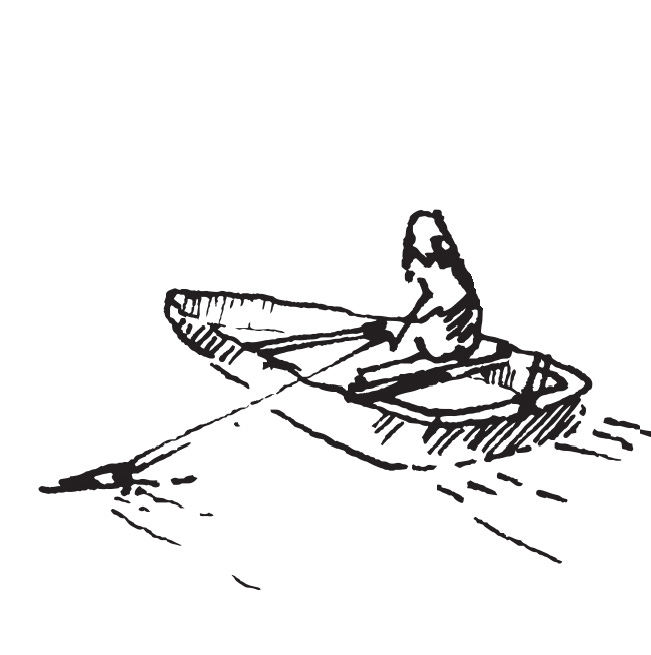

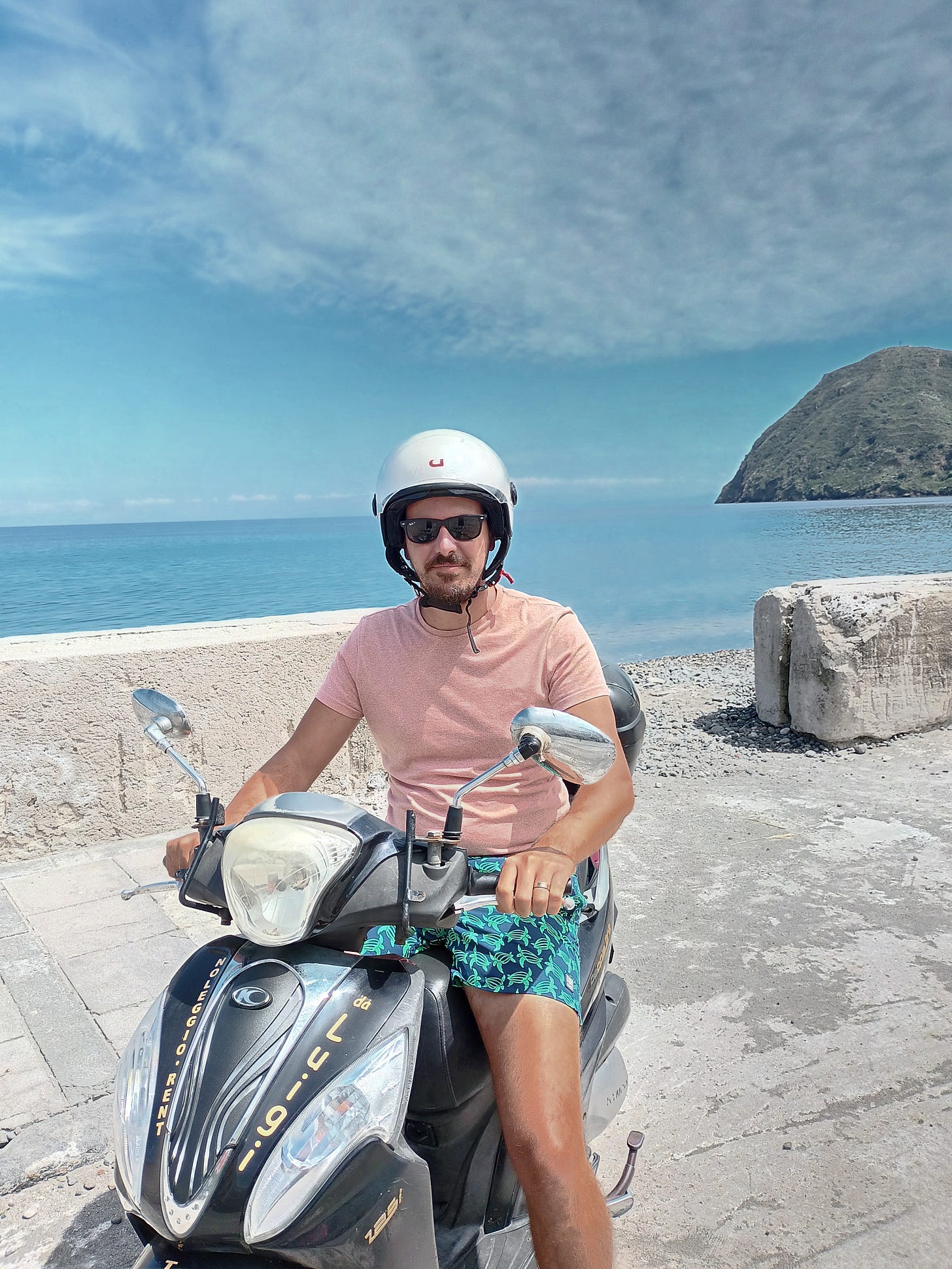



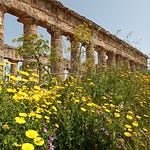
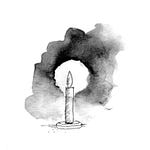

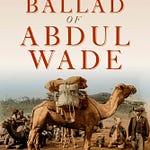
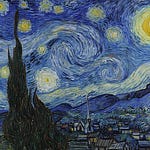

Share this post